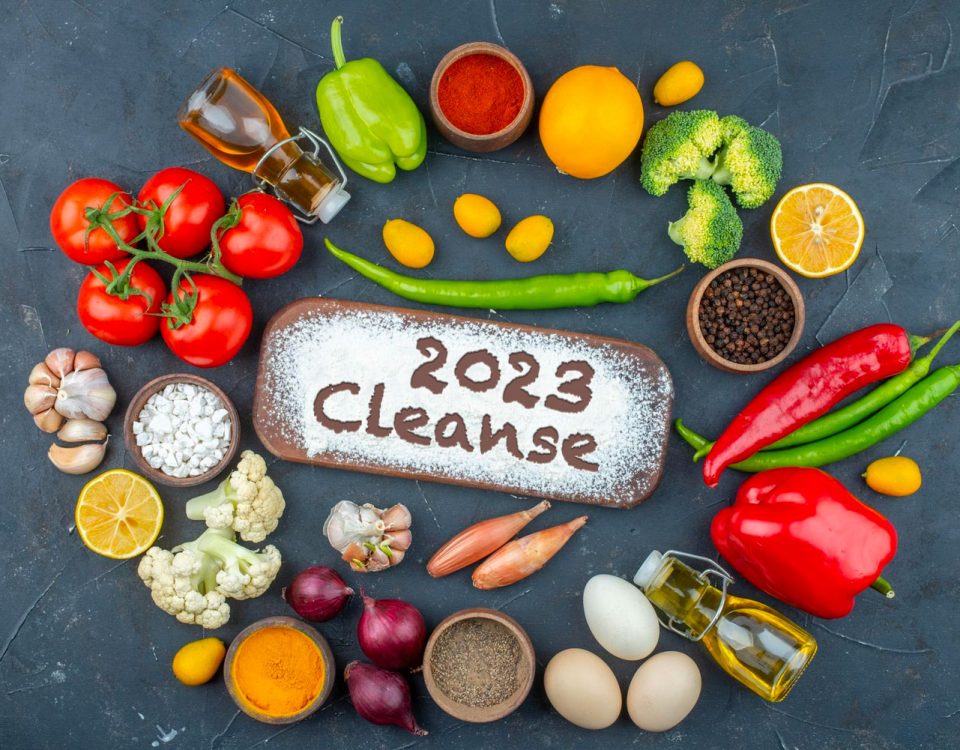
If you’re feeing a bit flat, or want to avoid feeling that way, there are certain foods and supplements that can help.
The saying "variety is the spice of life" rings true when it comes to choosing foods to help regulate our mood.
It’s not surprising then that a balance of nutrients optimises mental as well as physical wellbeing. A diet rich in vegetables, fruit, the right proteins and slow release carbohydrates helps us achieve this but of course there are some foods that are more potent than others and we will discuss them here.
Omega 3 – Essential Fatty Acids
Oily fish contains omega 3 fatty acids (includes EPA and DHA fatty acids) which research shows has an impact on mood and countering depression.
It’s not a quick fix however as it takes a while to build omega 3 levels in our cells, but there are so many other reasons to eat oily fish (for enhanced memory, gut, skin and heart health to mention just a few!). So including oily fish at least 3 times a week should be one of our key nutrition goals.
For many, this is enhanced by taking supplements, especially if we have not been eating fish regularly. Get some advice from a practitioner about which fish oil supplement would suit you best. As ever quality and purity can vary considerably between brands as well as the ratio of EPA and DHA.
SMASH : Salmon, Mackerel, Anchovies, Sardines, Herring as well as trout are great options.
If you’re not a fish person, and although not as potent, flax and chia seeds as well as nuts like walnuts, are good sources of omega 3.
The right carbohydrates
Simple or “fast” carbs, like white bread, pastries and white grains, can leave us feeling deflated. On the other hand, complex or “slow” carbs can be mood-enhancing as they help promote the production of serotonin and dopamine, neurotransmitters that regulate mood and create feelings of contentment.
Carbs that help boost serotonin production include brown rice, spelt, quinoa, oats, sweet potato, butternut squash, beans, carrots, lentils.
Tryptophan
Certain foods contain an amino acid called tryptophan, which the body uses to make serotonin so can have a real impact on our mood.
Tryptophan containing foods include chicken (organic preferably,) turkey, oats, beans, banana, tofu, eggs, nuts and seeds.
Vitamin D3
Numerous studies suggest that those who suffer from depression, particularly S.A.D. (Seasonal Affective Disorder), improve as vitamin D levels increase. While I always recommend obtaining nutrients primarily through food, it is challenging to get enough Vitamin D from food alone, especially given our climate and the lack of sunlight at this time of year.
A good quality vitamin D3 supplement that is well absorbed and ideally containing vitamin K2 is recommended. Seek advice on this and on your dosage requirements.
B vitamins and folic acid
B vitamins especially B12, Folic acid and B6 help to keep us feeling buoyant and low levels of these may be linked to depression. The B vitamins have long been considered anti-stress vitamins.
Good sources of B vitamins include fish (and shell fish in particular for B12, leafy greens ( spinach, kale, chard, watercress, romaine, rocket), broccoli, organic chicken, eggs and wholegrains.
However no single food has all the B vitamins, so variety is key. It may also be helpful take a multivitamin with good levels of the B vitamins if deficient or if you need to make more of an immediate impact on both mood and energy. Get advice from a practitioner or a good local health food store. Brands to consider include Viridian, Nutri, Biocare, Allergy Research.
Iron
Iron deficiencies can lead to fatigue and low mood. However you should have a blood test to check your iron levels before considering a supplement form.
Iron-rich foods include broccoli, seafood, egg yolks and of course good quality, ideally grass fed or organic meat (not processed and not overcooked).
Berries and avocados
These are also worth a special mention.
- Berries contain lots of antioxidants, which promote brain and nervous system health as well as helping to regulate stress by reducing cortisol.
- Avocados with their healthy fats and C and B vitamin content are another mood boosting essential.
Water
Even mild dehydration can affect mood and energy levels. Aim for 1 and a half litres of filtered water per day and more when exercising.
Mood disruptors
Of course, just as important as eating the right food is limiting foods that can lower your mood.
Research shows that reducing sugar, caffeine and alcohol improves our mood (after the immediate uplift they deliver has subsided!) over time. Consuming sugar and simple carbs like white grains/bread/pasta causes a steep spike in blood sugar, which leads to a run-down feeling when the body uses insulin to bring blood sugar back down.
Having one good coffee per day can help us feel more alert, but for some, more can lead to anxiety and perhaps sleep problems. Similarly, over consumption of alcohol, although it creates a temporary feeling of calmness can act as a depressant.
Conversely, a few squares of good dark chocolate really does cause the brain to release endorphins and boost serotonin levels!
Try incorporating some of the suggestions above and monitor how you feel. Needless to say, exercise plays a huge role and helps trigger those feel good brain chemicals.





